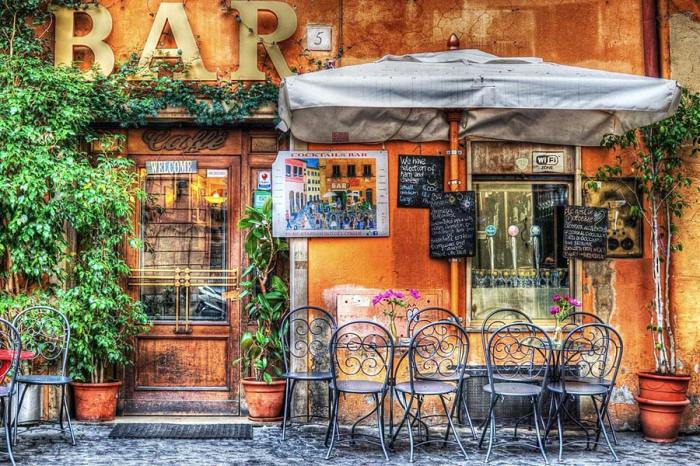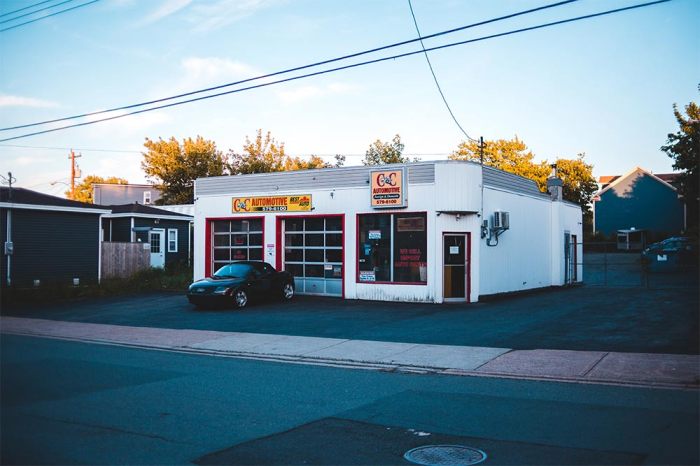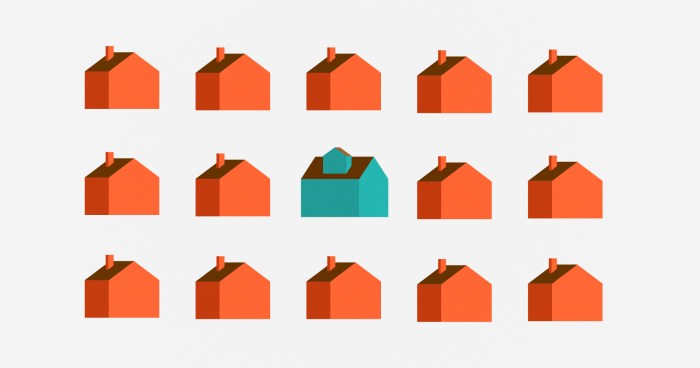Legal non conforming grandfathered use – Legal non-conforming grandfathered use, a complex concept in land use law, refers to the continued allowance of a property’s use that no longer complies with current zoning regulations due to changes in laws or regulations over time. This introductory paragraph provides a concise overview of the topic, setting the stage for an in-depth exploration of its various aspects.
The subsequent paragraphs delve into the legal framework, conditions, and limitations associated with grandfathered use, examining relevant laws, regulations, and case precedents that govern its application. The discussion also encompasses the enforcement mechanisms and potential consequences of violating the conditions of grandfathered use, highlighting the importance of compliance.
Definition and Scope of Legal Non-Conforming Grandfathered Use

Legal non-conforming grandfathered use refers to the continued use of a property in a manner that does not comply with current zoning regulations or building codes, but which was permitted at the time the use began. This use is “grandfathered” in and allowed to continue despite the change in regulations, provided that certain conditions are met.
Grandfathered use may arise in various circumstances, such as when:
- A property was used for a particular purpose before zoning regulations were enacted or amended.
- A property’s use changed over time, but the new use was not explicitly prohibited by zoning regulations at the time.
- A property was used in a manner that was later deemed non-conforming due to changes in zoning or building codes.
Legal Framework and Precedents
Legal non-conforming grandfathered use is governed by a complex framework of laws, regulations, and case precedents. Key legal tests and standards include:
- The “vested rights” doctrine, which protects property owners who have made substantial investments in reliance on existing zoning regulations.
- The “estoppel” doctrine, which prevents municipalities from enforcing zoning regulations against property owners who have been led to believe that their use is permitted.
- The “public welfare” exception, which allows municipalities to override grandfathered uses that pose a threat to public health, safety, or welfare.
Conditions and Limitations of Grandfathered Use, Legal non conforming grandfathered use
To maintain grandfathered use, property owners must generally meet the following conditions:
- The use must have been lawful and continuous since it was established.
- The use must not be expanded or intensified in a way that would increase its non-conformity.
- The use must not create a nuisance or otherwise harm the surrounding community.
Grandfathered use may be lost if the property is abandoned, if the use is discontinued for a significant period, or if the property is substantially altered or reconstructed.
Enforcement and Remedies
Municipalities have various mechanisms for enforcing legal non-conforming grandfathered use. These include:
- Issuing cease-and-desist orders.
- Filing lawsuits to compel compliance.
- Imposing fines or penalties.
Property owners who violate the conditions of grandfathered use may also face the loss of their vested rights and the requirement to bring their property into compliance with current zoning regulations.
Questions and Answers: Legal Non Conforming Grandfathered Use
What is the primary condition for maintaining grandfathered use?
The primary condition is that the non-conforming use must have been legally established and in continuous operation prior to the enactment of the zoning ordinance or regulation that rendered it non-conforming.
Can grandfathered use be expanded or intensified?
Generally, grandfathered use cannot be expanded or intensified beyond its existing scope and scale. Any substantial changes or alterations may result in the loss of grandfathered status.
What are the potential consequences of violating the conditions of grandfathered use?
Violations may result in enforcement actions, including fines, injunctions, or orders to cease the non-conforming use. In severe cases, the property may be subject to legal action seeking its forfeiture or condemnation.

